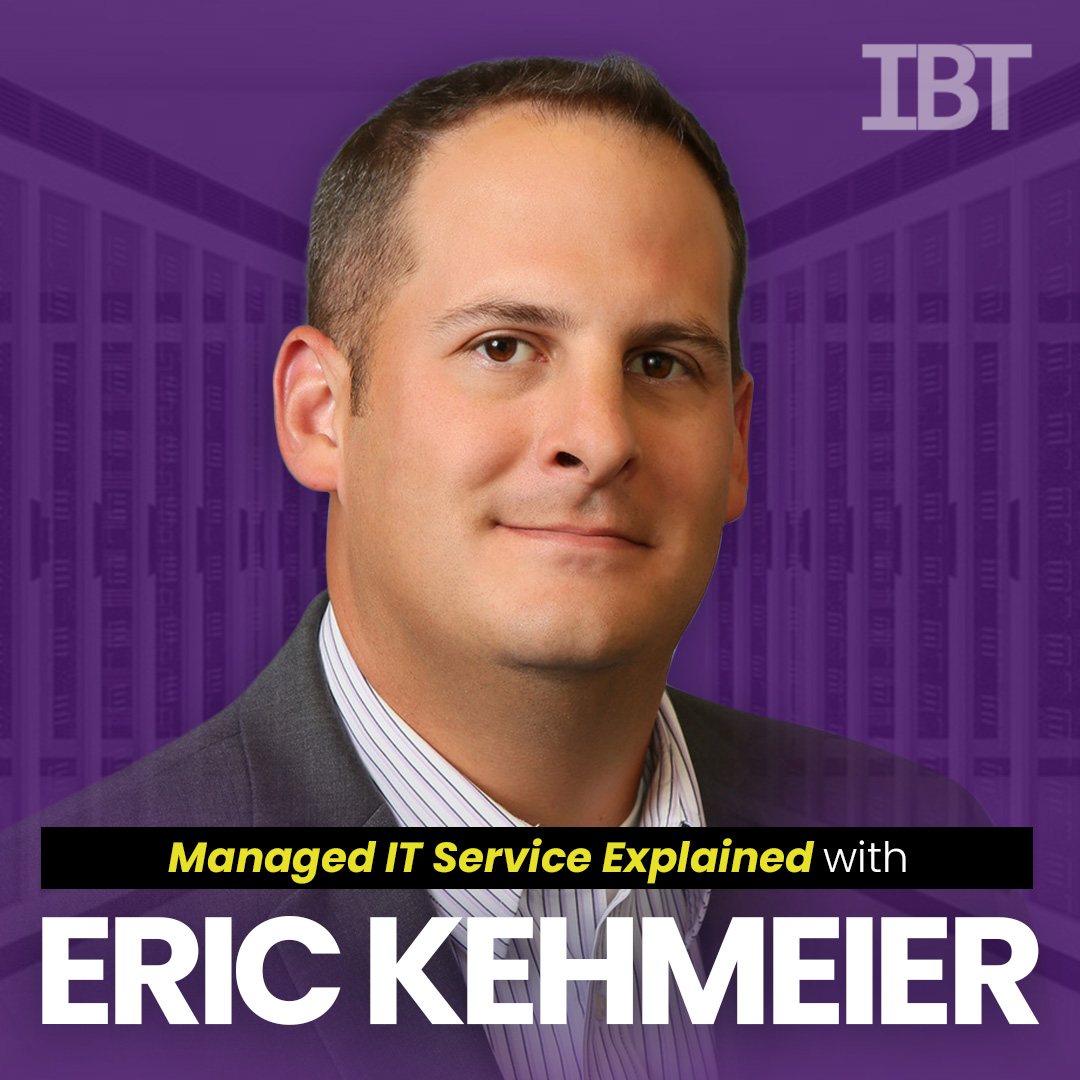“10 years ago, there were only three things we needed to do to secure a network. Now, there are 8-12 different layers of security, on top of those things, that need be put into place.” – Eric Kehmeier
In this week’s episode, we talk with Eric Kehmeier, Chief Executive Officer of Integrated Business Technologies (IBT), which provides IT services and helps small to medium-sized businesses in Oklahoma align their technology with their business goals.
Eric provides insight into building and developing the infrastructure needed to provide enterprise-level IT services, support and solutions for small businesses. Here's what you'll learn today…
- How big problem cybersecurity is for local businesses
- The #1 way cyber criminals get in the door
- The most important thing local small businesses should consider when evaluating whether outsourcing IT is right for them
- And more…
So listen here to find out how managed IT services can enable you to focus more on growing your local business.










